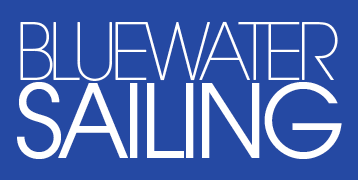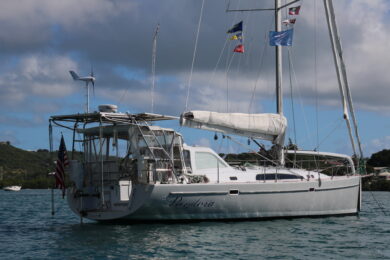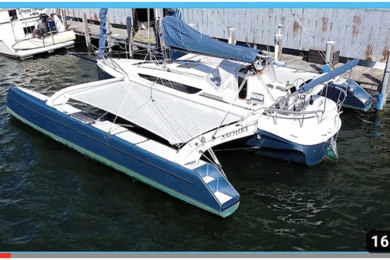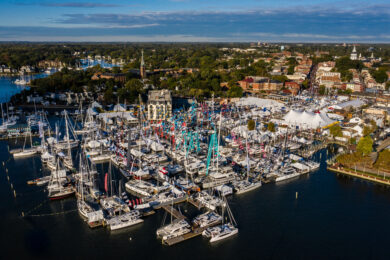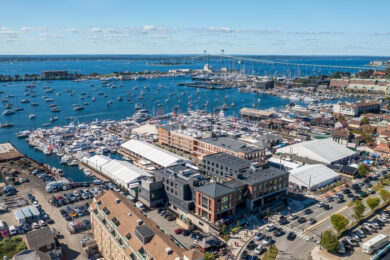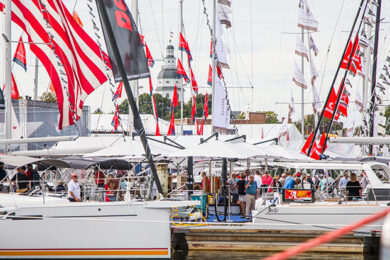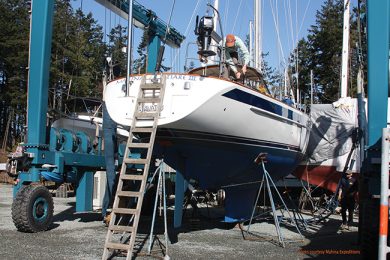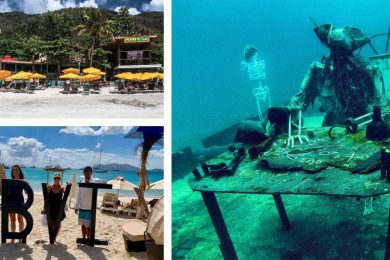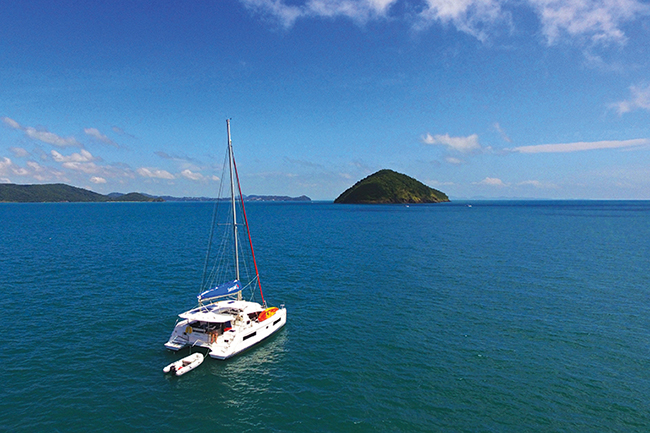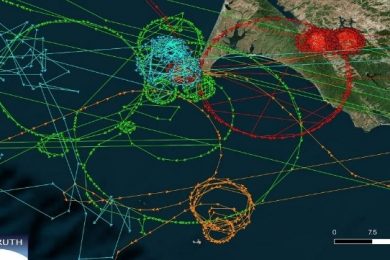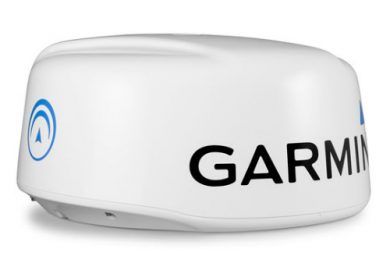The Annual Piracy report by the International Maritime Bureau is out, and for the first time in many years, there is not a single report of a yacht being attacked by pirates anywhere in the world. In 2008 there were nine yachts attacked, in 2009 six, in 2010 only one, then it spiked to four in 2011. Either the pirates have finally realized yachts are measly pickings or the campaign to prevent yachts from sailing in dangerous areas has worked, and maybe a bit of both.
It’s good news for ships too, although the worst place in the world last year for pirates was Indonesia.
Piracy on the world’s seas has reached a five-year low, with 297 ships attacked in 2012, compared with 439 in 2011. Worldwide figures were brought down by a huge reduction in Somali piracy, though East and West Africa remain the worst hit areas, with 150 attacks in 2012.
Globally, 174 ships were boarded by pirates last year, while 28 were hijacked and 28 were fired upon. IMB’s Piracy Reporting Centre also recorded 67 attempted attacks. The number of people taken hostage onboard fell to 585 from 802 in 2011, while a further 26 were kidnapped for ransom in Nigeria. Six crewmembers were killed and 32 were injured or assaulted.
“IMB’s piracy figures show a welcome reduction in hijackings and attacks to ships. But crews must remain vigilant, particularly in the highly dangerous waters off East and West Africa,” said Captain Pottengal Mukundan, Director of IMB, which has monitored piracy worldwide since 1991.
In Somalia and the Gulf of Aden, just 75 ships reported attacks in 2012 compared with 237 in 2011, accounting for 25% of incidents worldwide. The number of Somali hijackings was halved from 28 in 2011 to 14 last year.
IMB says navies are deterring piracy off Africa’s east coast, with pre-emptive strikes and robust action against mother ships. So too are private armed security teams and crews’ application of ‘Best Management Practices’.
But the threat and capability of heavily armed Somali pirates remains strong.
“The continued presence of the navies is vital to ensuring that Somali piracy remains low,” said Captain Mukundan. “This progress could easily be reversed if naval vessels were withdrawn from the area.”
Pirate mother ships and skiffs were reported in the Gulf of Oman, southern Red Sea and the Somali basin, with a number of attacks close to the Straits of Hormuz and the energy routes out of the Arabian Gulf. As of 31 December 2012, Somali pirates still held 104 hostages on eight ships and 23 more were detained on land, pending negotiations for their release.
In Somalia, and elsewhere, vessels most commonly attacked are container ships, bulk carriers and tankers loaded with oil, chemicals and other products. Fishing vessels and other smaller boats are also at risk.
As for West Africa, piracy is rising in the Gulf of Guinea, with 58 incidents recorded in 2012, including 10 hijackings and 207 crew members taken hostage. Pirates in this area are particularly violent, with guns reported in at least 37 of the attacks. Benin is an exception, showing a sharp fall from 20 incidents (including eight hijackings) in 2011 to two (including one hijacking) in 2012.
Nigeria accounted for 27 incidents in 2012, with four vessels hijacked, 13 vessels boarded, eight fired upon and two attempted attacks. Only 10 incidents were reported in 2011, including two hijackings. Togo has also seen an increase from five reports in 2011 to 15 in 2012, including four hijackings.
Off the Ivory Coast, five incidents were reported in 2012, up from one in 2011. In the last quarter of 2012, a panamax product tanker was hijacked by suspected Nigerian pirates off Abidjan, the first such recorded vessel hijacking off the Ivory Coast. This shows the increased range of Nigerian pirates.
Elsewhere, in Southeast Asia four vessels were hijacked, including a Malaysian tanker which was subsequently recaptured in Vietnam in the last quarter of 2012.
Across the Indonesian archipelago, there were 81 reports of petty theft, accounting for more than a quarter of global incidents in 2012. Thirty vessels were attacked in the last quarter of 2012. Reports from Indonesia have increased yearly since 2009. Vessels were boarded in 73 incidents and 47 crew members taken hostage. Fourteen incidents were reported at Belawan by ships anchored or berthed.
In summary:
Total Attacks Worldwide: 297
Total Hijackings Worldwide: 28
Incidents Reported for Somalia 2012:
Total Incidents: 75
Total Hijackings:14
Total Hostages: 250
Current vessels held by Somali pirates:
Vessels: 8 Hostages: 127.
For further information please contact:
Pottengal Mukundan
Director, IMB
Tel: +44 20 7423 6960
Email: pmukundan@icc-ccs.org
About the IMB Piracy Reporting Centre:
The IMB Piracy Reporting Centre (IMB PRC) is the world’s only manned center to receive and disseminate reports of piracy and armed robbery 24 hours a day across the globe. As part of ICC, it is an independent non-governmental body set up to monitor these attacks free of political interference. IMB strongly urges all shipmasters and owners to report all actual, attempted and suspicious piracy and armed robbery incidents to the IMB Piracy Reporting Centre. This is an essential first step in the response chain. The statistics and reports of the IMB PRC act as a catalyst to encourage firm response by government and law enforcement.
About The International Chamber of Commerce (ICC):
ICC is the largest, most representative business organization in the world. Its hundreds of thousands of member companies in over 120 countries have interests spanning every sector of private enterprise.
A world network of national committees keeps the ICC International Secretariat in Paris informed about national and regional business priorities. More than 2,000 experts drawn from ICC’s member companies feed their knowledge and experience into crafting the ICC stance on specific business issues.
For more information please visit: www.iccwbo.org
Courtesy of www.sail-world.com
